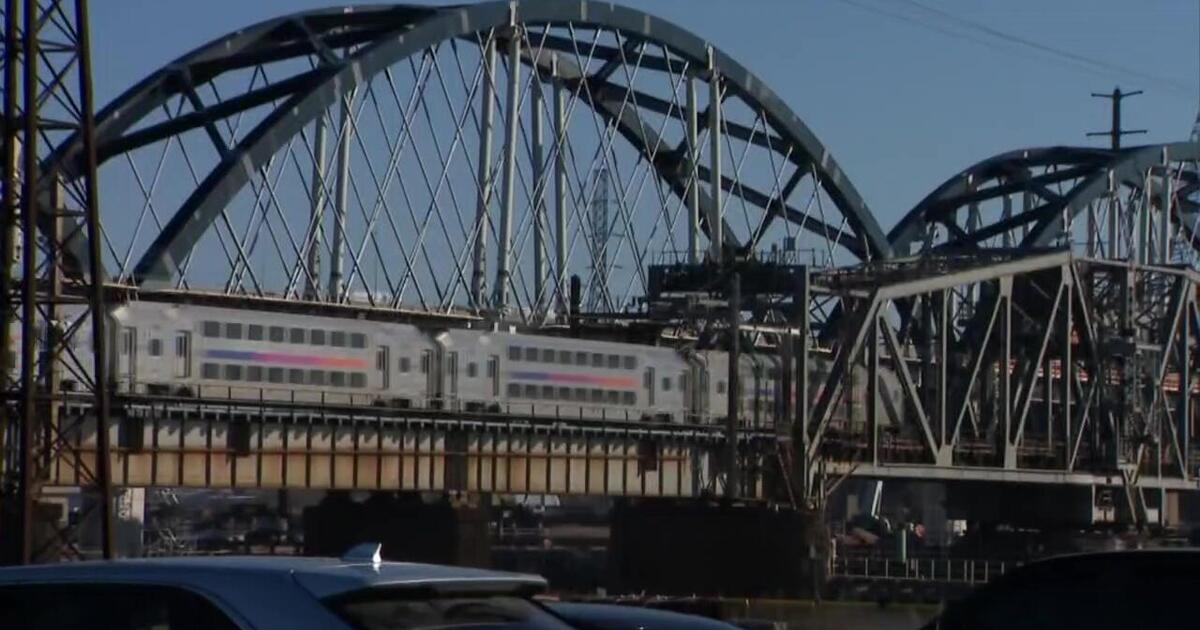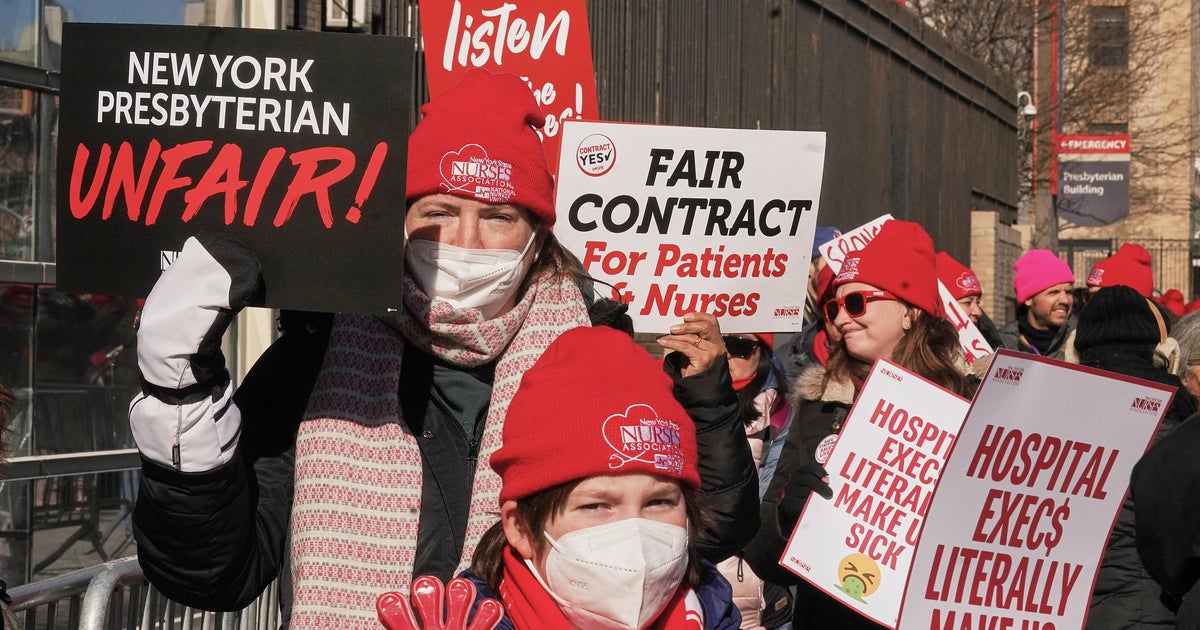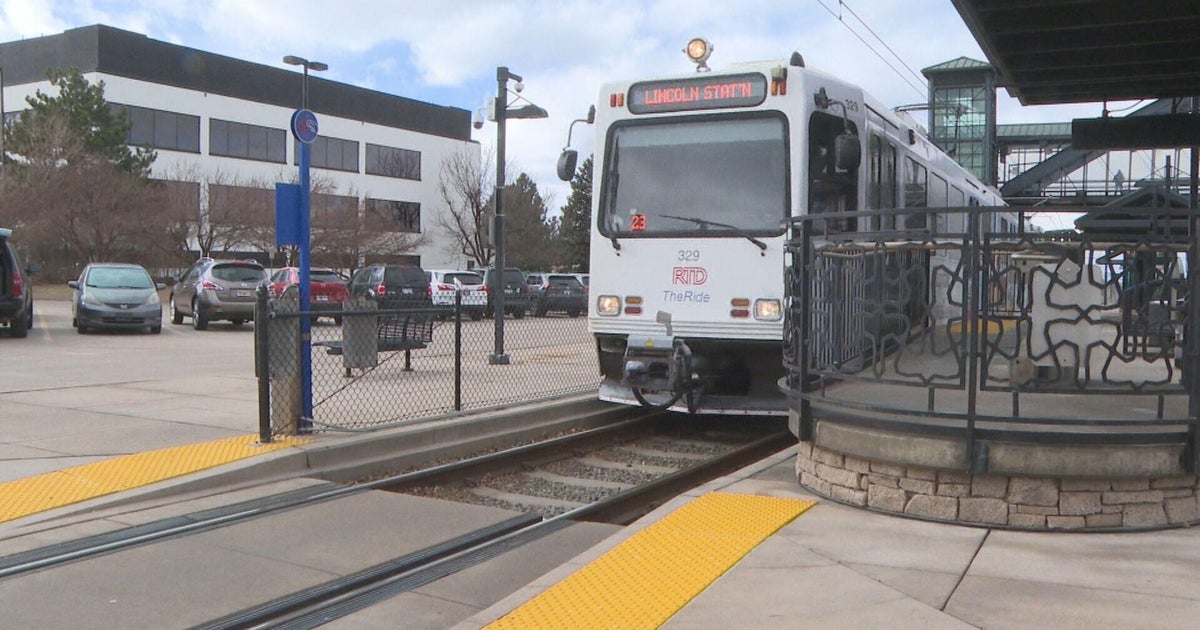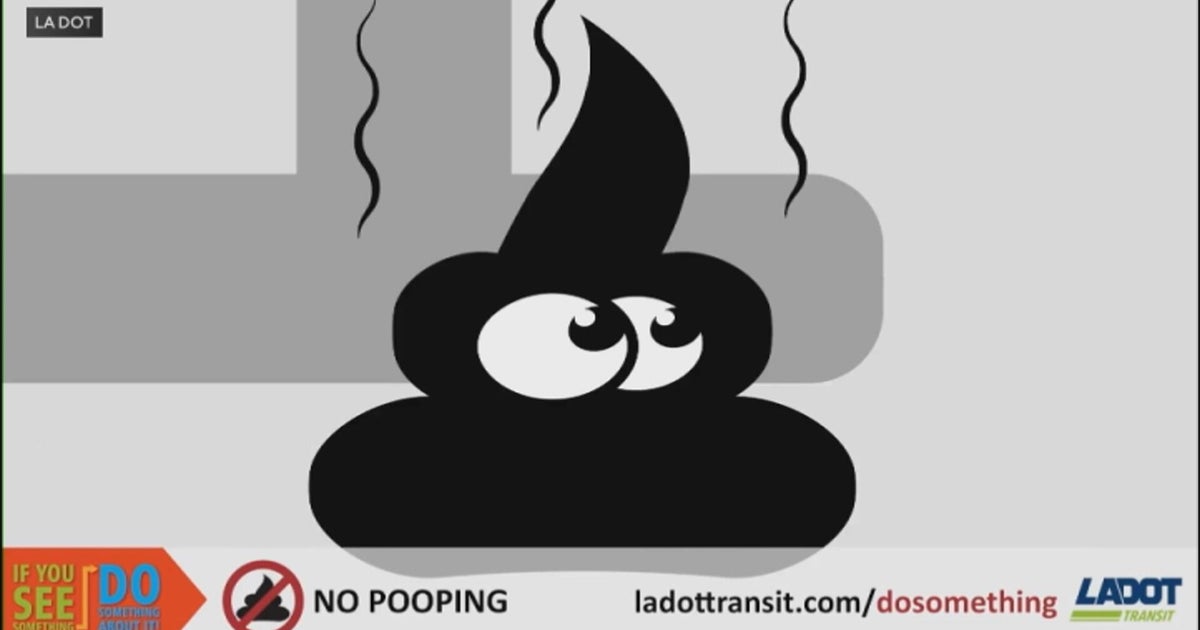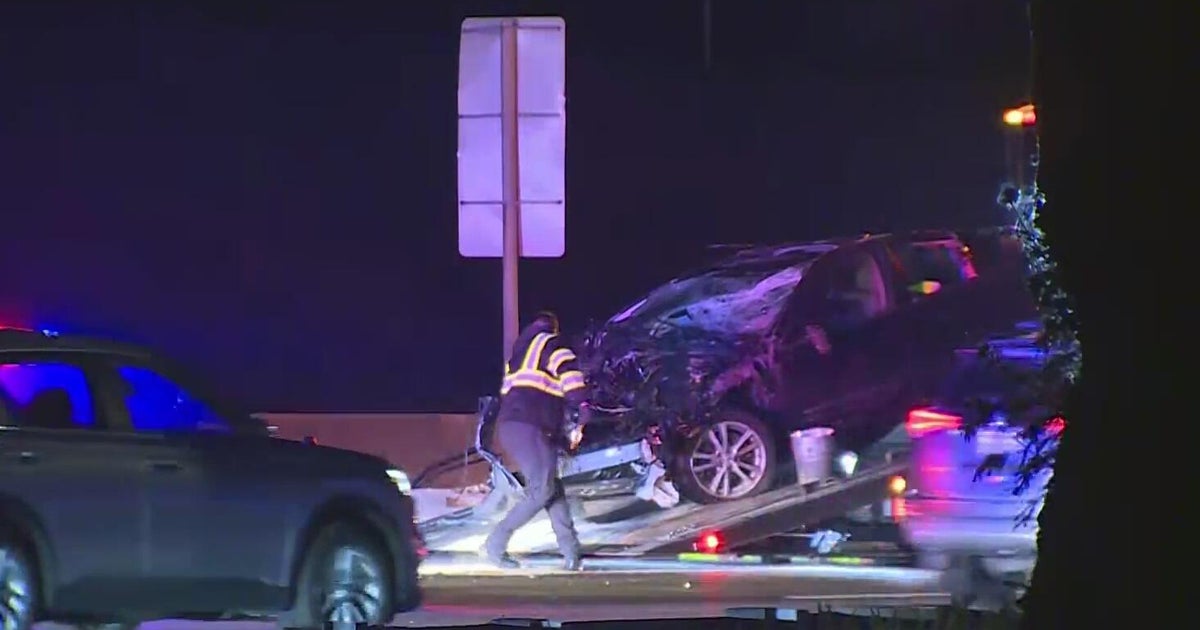New Jersey Transit Riders Seek Options Amid Strike Threat
NEWARK, N.J. (AP) — More than 100,000 New Jersey Transit riders face the prospect of starting the work week amid a strike if negotiators can't iron out an agreement over wages and benefits with unions representing more than 4,000 workers before 12:01 a.m. Sunday. Officials predict the ripple effect on highways could be horrendous.
Here's a look at the issues and what commuters can do as negotiations continue in Newark on Friday:
___
THE DEADLINE
At 12:01 a.m. Sunday, 4,000 unionized NJ Transit rail workers can go out on strike. NJ Transit said their health benefits would be suspended if they strike. The agency can also lock out workers or both sides could keep negotiating a contract and employees would report to work as usual.
___
THE CONTRACT
NJ Transit employees have been working without a contract for nearly five years. Two emergency federal labor boards convened by President Barack Obama have leaned toward the unions' proposals.
The unions are seeking an 18.4 percent pay raise over seven years, plus pay retroactive to 2011. They also want health insurance costs capped at 2.5 percent of base pay.
NJ Transit says that would cost an additional $183 million in the first two years. The agency has proposed a 10.9 percent raise over seven years, with employees contributing 20 percent of their base salaries toward health insurance.
In an agreement announced by New York Gov. Andrew Cuomo in July 2014 between the Metropolitan Transportation Authority and eight Long Island Railroad unions, LIRR workers received 17 percent raises over a term of 6½ years, including four years of retroactive pay to the expiration of the contract in 2010. Workers agreed to contribute to their health insurance costs for the first time. New employees have different wage progressions and pension plan contributions than existing employees, MTA spokesman Aaron Donovan said.
___
THE COMMUTE
About 105,000 people commute into New York City by NJ Transit. Officials are warning only four in 10 will be able to get in by extra buses that the agency is planning to deploy as a contingency. Traffic jams of 20 miles or more are possible leading to the Lincoln and Holland tunnels, traffic experts said.
NJ Transit estimated a normal 65-minute commute from Hamilton or Morristown into New York City could take well over two hours each way by bus and Port Authority Trans-Hudson train during a rail shutdown.
Then there's the added gridlock on Thursday, if the strike lasts until then, when New York City holds its annual St. Patrick's Day Parade.
___
THE CONTINGENCIES
NJ Transit is the largest statewide public transportation provider in the country and provides roughly 1 million passenger trips daily on rail, bus and light rail. Officials are not sugarcoating the impact a strike would have on commuters and commerce.
Officials are asking commuters who can work from home to do so.
For those who can't, there are buses for the roads, ferries for the river and PATH trains operating between New Jersey and New York.
NJ Transit will expand service on 30 bus routes, add service from five private bus carriers and offer free parking at five park-and-ride lots where buses will operate during peak hours.
Two of the lots — the Hamilton and Metropark stations on the Northeast Corridor rail line — will connect to PATH trains in Newark and Harrison, respectively. Buses from PNC Bank Arts Center in Holmdel and MetLife Stadium in East Rutherford will take commuters directly into Manhattan. Buses from the Ramsey/Route 17 station will connect to ferry service in Weehawken.
NY Waterway and Seastreak ferries will honor NJ Transit rail passes.
Amtrak said it will operate regularly scheduled Northeast Corridor service.
___
THE LAST STRIKE
NJ Transit had roughly 70,000 passengers when rail workers went on strike for 34 days in March 1983. At the time, NJ Transit was negotiating with unions that had represented employees who had worked for a freight railroad. When the strike ended, NJ Transit had to inspect all the signals and run trains along rails that had rusted before resuming service.
